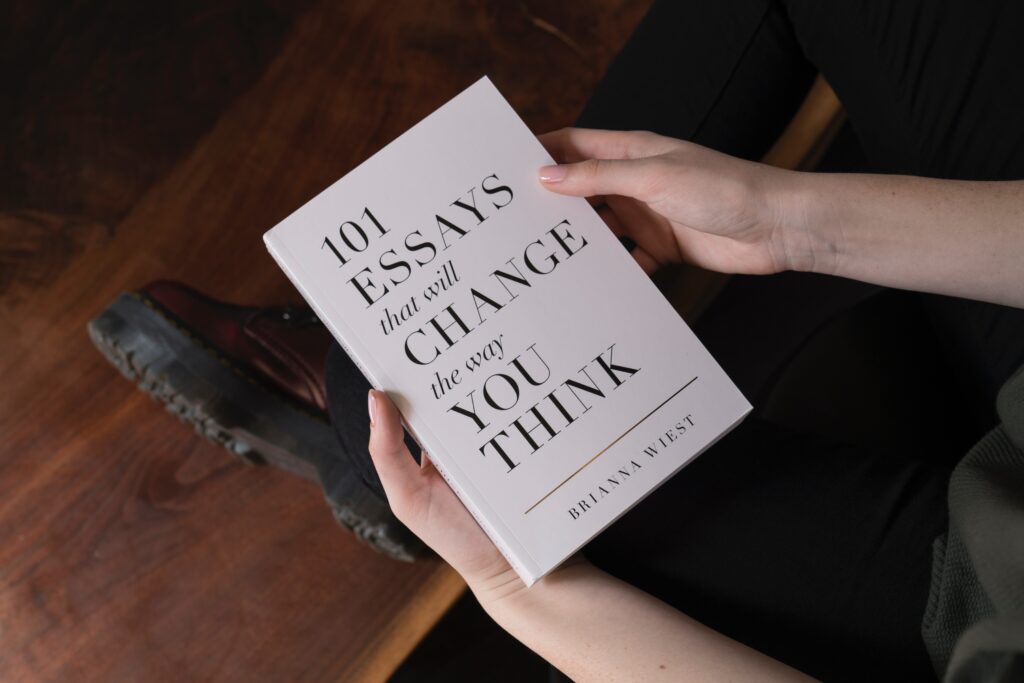The right self-help book or course can be a powerful tool to guide people toward a resolution. Many people can attest to experiencing transformation because they put the information to use right away. People have gone from nervous, shy, and lacking in confidence to become calm, outgoing, and confident in their ability to do things. This is where a self-help book or course works very well.
But it can easily be argued that, like all things taken too far, self-help can be harmful. There is so much self-help literature out there now and so much advice on how we can become better versions of who we are. Is it helpful? Is it constructive? Or is it harmful?
Why Self-Help Can Be Damaging
Many, many people will attest to having been positively influenced by self-help books and videos. And then there are those who have been damaged by them.
The most common way the damage can occur is when the self-help book or video or course is used as a delay tactic. This is when people use self-help as a way to avoid actually doing the work to improve themselves.
In other words: people will buy a self-help book, watch a few videos, purchase a course and then will instantly feel as though they’re making good progress toward being a better version of themselves. They’ve made the effort by buying the book after all: so they can pat themselves on the back and keep on reading.
And then they buy the next book. And the corresponding course. And then the videos. And then the next book. And they feel great about themselves except they haven’t actually changed anything.
Self-help is destructive when it is used as a delay tactic.
Know Who to Trust
The other issue is that self-help can be negative because you aren’t getting the right information or it’s coming from an unqualified person.
The good thing about the internet is that anyone and everyone can contribute. The bad thing about the internet is that anyone and everyone can contribute. There is a lot of incentive for people to appear as experts to get visitors to their sites and then earn cash from the number of visitors.
The problem is that many people follow advice that is based on zero evidence and that is offered by someone who has no authority or credibility to offer it. For instance, its common knowledge that visualizing your goal can help you achieve it. What isn’t common knowledge is that this only works if it’s done correctly. Which means there is a wrong way to visualize.
The lesson here is simple: question what you read then as you try it in your life decide if its really working for you. If it doesn’t make sense or if it isn’t working for you, then seek out someone who has credibility by asking for recommendations from trusted colleagues.

